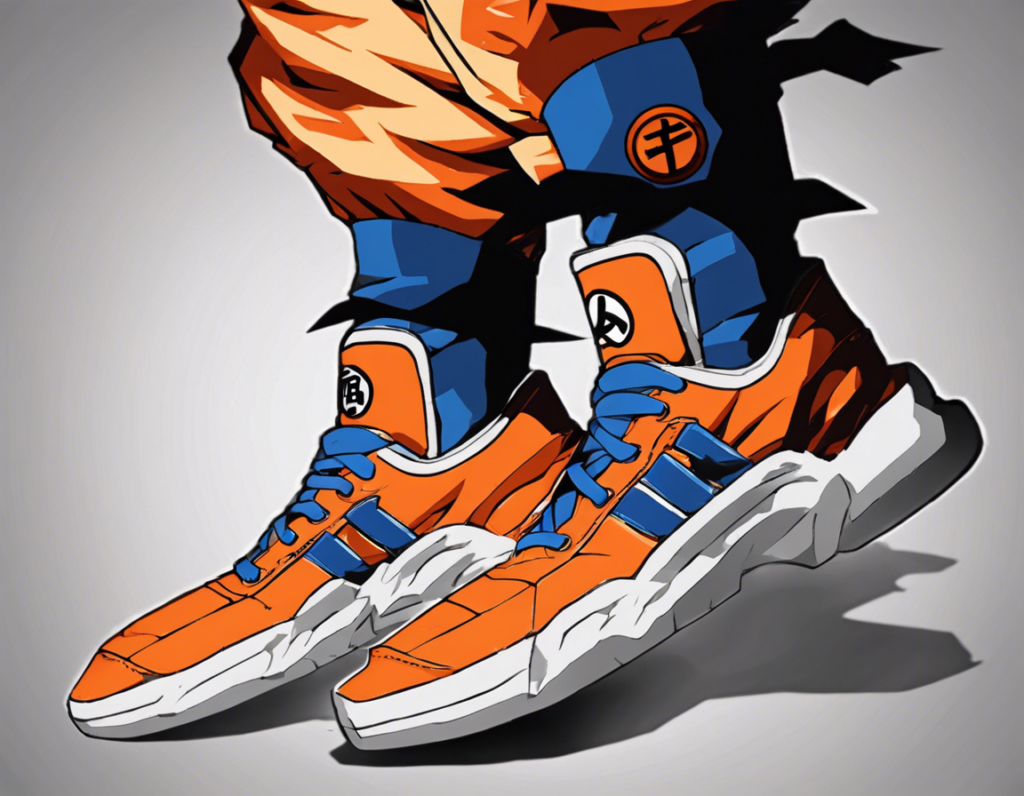The PPCocaine Leak: What You Need to Know
If you follow news in the music industry, chances are you’ve heard about the recent PPCocaine leak. This incident has sent shockwaves through the music community and raised several questions about artist security, online privacy, and copyright protection. In this post, we’ll delve into what exactly happened, the implications of the leak, and what you need to know about protecting your own work in the digital age.
The PPCocaine Leak: A Brief Overview
Who is PPCocaine?
PPCocaine, also known as Lilliane Catherine Diomi, is a rising star in the music industry known for her unique blend of rap and hyperpop. The California-based artist gained popularity through platforms like TikTok and SoundCloud, amassing a dedicated fanbase.
What Happened?
In mid-2021, news broke that a significant amount of PPCocaine’s unreleased music had been leaked online. This included demos, snippets, and unfinished tracks that were not intended for public consumption. The leak sparked outrage among fans and artists alike, highlighting the vulnerability of digital content in today’s interconnected world.
Implications of the Leak
The PPCocaine leak serves as a cautionary tale for musicians and content creators everywhere. It underscores the importance of robust cybersecurity measures and the constant threat of data breaches. Beyond the immediate impact on PPCocaine’s career and artistic process, the incident raises broader concerns about data privacy, intellectual property theft, and online piracy.
Protecting Your Work: Best Practices
1. Secure Your Files
Invest in secure cloud storage solutions and backup systems to safeguard your music files. Use encryption and password protection to prevent unauthorized access.
2. Limit Access
Control who has access to your unreleased music and demos. Be cautious when sharing files with collaborators or third parties, and consider using watermarking techniques to trace leaks back to the source.
3. Monitor Online Activity
Regularly monitor file-sharing platforms, social media channels, and websites known for hosting leaked content. Act swiftly to issue takedown notices and protect your intellectual property rights.
4. Build a Strong Network
Work with reputable music industry professionals who prioritize data security and confidentiality. Establish clear contracts and agreements to protect your work and collaborate with trusted partners.
5. Educate Yourself
Stay informed about cybersecurity trends, copyright laws, and digital rights management. Take proactive steps to educate yourself and implement best practices to mitigate risks.
Frequently Asked Questions (FAQs)
1. Can leaked music be taken down from the internet?
Yes, copyright holders can issue DMCA takedown notices to websites hosting leaked music. Platforms like YouTube, SoundCloud, and social media networks have mechanisms in place to address copyright infringement.
2. What legal steps can artists take to protect their unreleased music?
Artists can register their music with copyright offices, use watermarking technologies, and draft non-disclosure agreements (NDAs) with collaborators to protect their unreleased work.
3. How does data encryption help in protecting music files?
Data encryption converts music files into unreadable formats without the correct decryption key. This adds a layer of security and prevents unauthorized users from accessing sensitive content.
4. Are there specialized cybersecurity solutions for musicians and artists?
Yes, there are cybersecurity and digital rights management (DRM) solutions tailored for the music industry. These tools offer secure file storage, content protection, and monitoring capabilities.
5. What are the consequences of music leaks for artists and record labels?
Music leaks can lead to financial losses, reputation damage, and legal disputes for artists and record labels. They can also impact creative control and artistic integrity by prematurely releasing unfinished work.
Understanding the implications of the PPCocaine leak sheds light on the challenges artists face in safeguarding their creative output. By adopting proactive security measures, staying informed about online risks, and leveraging technology to protect their work, musicians can navigate the complex landscape of digital content with greater confidence and resilience.


0 Comments